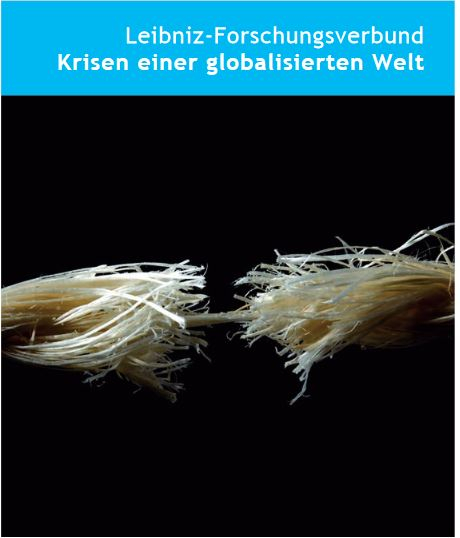Professor Frank Bösch was deputy spokesman of this research network Project form 2013 to 2019.
Crises are a constant companion of nearly every human society, be they of an economic, social, political or ecological nature. Globalisation, however, has given crises a new quality: they effortlessly cross national borders, are interwoven in a complex web, and require parallel and concerted action. In the research network on Crises in a Globalised World, 24 Leibniz institutions joined forces to enhance their understanding of the mechanisms of crises and their interdependencies.
21st century societies often face multiple and varied crises simultaneously. One crisis seems to follow, or even to trigger or reinforce, the next. Even though the causes of crises can creep up on a society, they often descend on them with massive momentum and devastating consequences.
The Leibniz Research Alliance investigated four crisis scenarios of global significance:
- Financial market and debt crises
- Global food crises
- Crises of political systems
- Environmental crises
The special focus was on the following dimensions of crises: their systemic character, their dynamics, and modes of coping with crises.
Research in these sub-projects was guided by the common premise that crises are “man-made” in a double sense. On the one hand, they are the result of social dynamics and cannot be analysed outside the context of human action. On the other, crises only become social reality when actors recognise, interpret and explicitly perceive their symptoms as a “crisis” and a threat.


